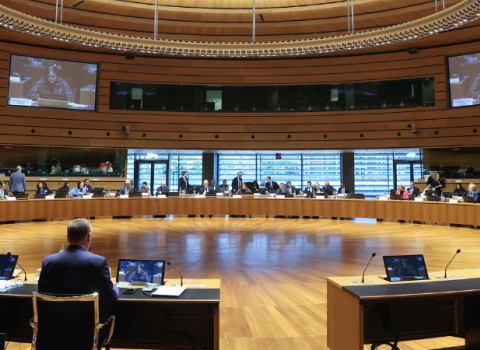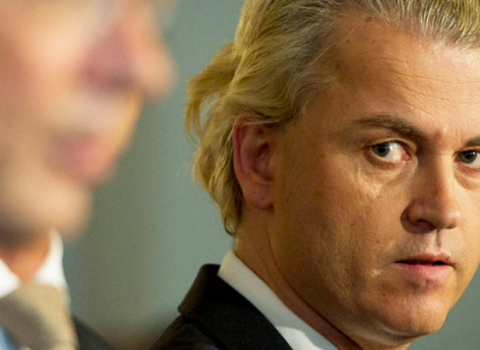To ensure Europe’s security, the bloc must show unity, including in research and innovation

Photo credits: Szymon Schields / Unsplash
Poland wants to see science and innovation contribute to strengthening European security, which it has made the overarching theme for its presidency of the EU Council, running from January 2025.
“The leitmotif of the Polish Presidency’s activity in the research field is openness and synergy,” its programme reads.
In its second stint at the head of the EU Council, Poland aims to foster new pan-European joint efforts and synergies between the different funding sources for R&I, and underline contributions that innovation can make to EU targets on competitiveness, security and economic resilience.
Power has moved eastwards, and Warsaw is gearing up to take on Europe’s leadership. An EU member since 2004, Poland is emerging as a strategic player in Europe. In the second quarter of 2024, it recorded the highest GDP hike in the EU compared to the previous three months. One of the top defence spenders among NATO allies, it also remains one of the leading military forces on the continent.
“A strong Poland means that a strong Europe is real,” the president of the European Parliament, Roberta Metsola, said on the sidelines of a December conference in Warsaw.
Poland is taking the rotating presidency of the Council of the EU at a time of political uncertainty sparked by Russia’s continuing war on Ukraine, the recent faltering of the two largest economies in the bloc, and the re-election of Donald Trump.
The Polish presidency is therefore putting security at the top of the EU’s agenda from January 1, 2025.
“The European Union must protect itself and its citizens and take care of its immediate neighbourhood,” the programme says. Warsaw wants to reinforce security “in its many dimensions: external, internal, information, economic, energy, food and health.”
“We need the unity of the European Union and its willingness to work together with partners who share our values,” it adds.





 A unique international forum for public research organisations and companies to connect their external engagement with strategic interests around their R&D system.
A unique international forum for public research organisations and companies to connect their external engagement with strategic interests around their R&D system.